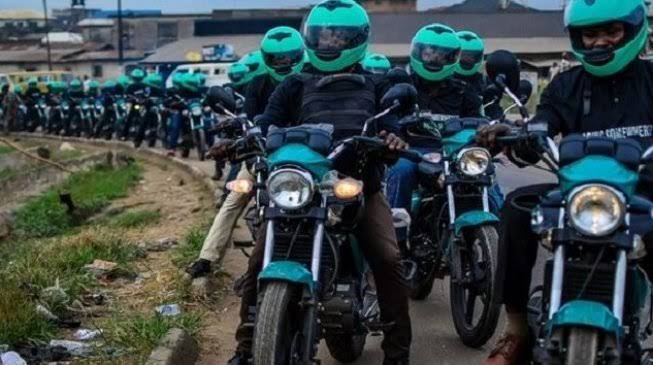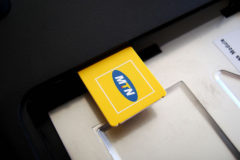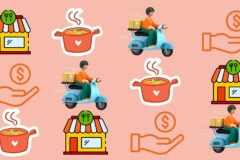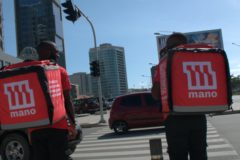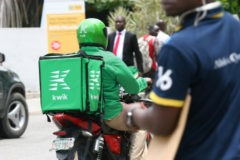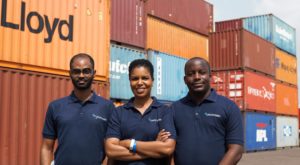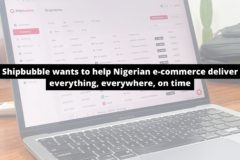The recent ban of commercial motorcycles and tricycles in most parts of Lagos, Nigeria has seen Gokada, one of the major players in the motorcycle on demand space lay-off most of its staff and plot a pivot.
The startup recently laid off a large part of its staff, and CEO, Fahim Saleh says it was necessitated by the recent ban, and a need to pivot.
“We are pivoting to deliveries while transport gets figured out,” Saleh told TechCabal in a telephone conversation.
He also hinted at a Gokada boat service that will launch anytime in February, or “real soon”.
“One 24-passenger boat just came in, and another is sitting at the port waiting to be cleared from customs,” Saleh said.
On the lay-offs, Saleh said they were necessitated by a need to proactively adjust to circumstances and cut down burn rate. He also claims not to be sure how many people were affected by the sack.
What does this mean for Gokada?
Founded in 2017, Gokada was the second motorcycle hailing company to enter the Nigerian mobility space; after MAX.ng which launched in 2015.
Gokada started off with massive trendy marketing campaigns and a resultant image that appealed to a larger demographic of younger people. The campaigns worked as their green helmets seemed to be everywhere.
But recently, the startup seemed to be struggling following troubles in green helmet land. A shakeup that started around August of 2018, and ended with Deji Oduntan stepping down as CEO in March 2019, allegations of mismanagement, and a more recent 2-week shutdown to rejig operations.
At the time, critics said contrary to Saleh’s claim, Gokada’s temporary shutdown and ORide’s launch were not coincidental.
Pivots are great strategies to navigate murky waters, or last ditch efforts to serve dying businesses.
Following its recent troubles and competition, is the government ban an excuse for Gokada to escape its own internal troubles and withdraw from the troubled waters of motorcycle hailing in Nigeria’s most populous city?
Or just a really smart pivot?
While insisting that Gokada’s finances were in place and that the company was headed in the right direction, Saleh tells me that the ban meant 80% of the workforce became redundant.
According to him, delivery was always in the Gokada masterplan.
“We were always going to do deliveries, and had started to develop the tech for it, but this ban accelerated the process.”
What does the future hold?
Whether the transport arm of its business returns or not, Saleh is confident that there is a need for the delivery service, and that Gokada can build out an MVP fast enough for its drivers to go back to earning money on the platform.
The company is also working to move its transport service to other states.
And the boat service?
“In between government approval and getting investors to back us for scale, there is still a lot of work that has to be done in this regard. I want to get hundreds of these boats in the water,” Saleh said.
When, and if, it eventually launches, Gokada will not be the first to pilot a boat service in Lagos.
In October 2019, Uber launched its UberBOAT in conjunction with the Lagos State Waterways Authority (LASWA). Five months later, not much is known about the status of the project.
Smart pivot or clever maneuver, Gokada has ambitious plans. This also looks like a viable path for other players that have been affected by the ban.







